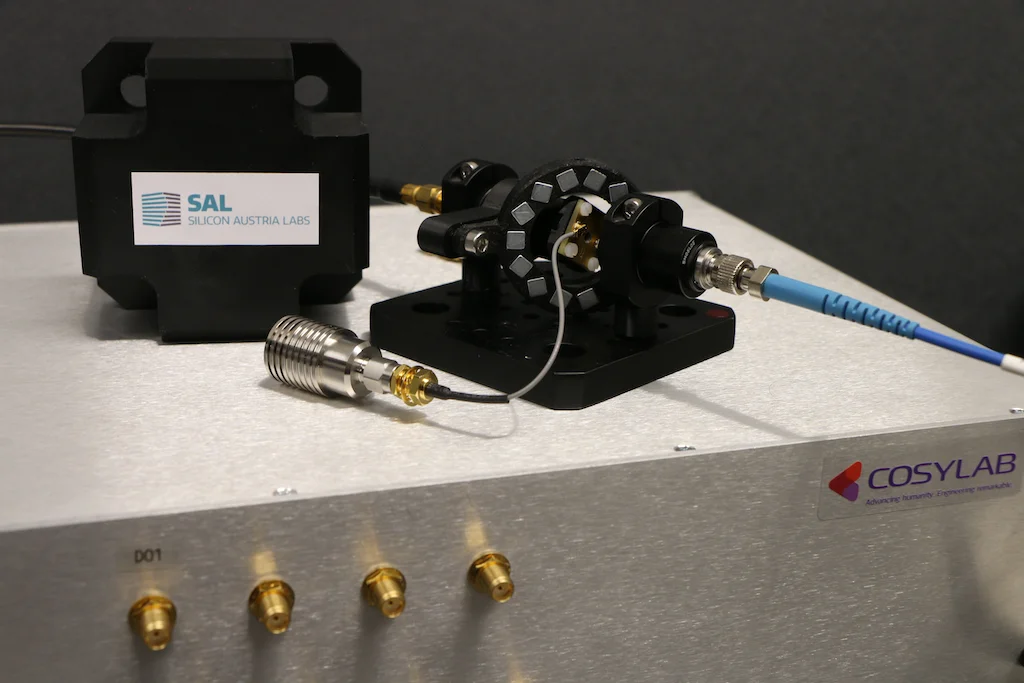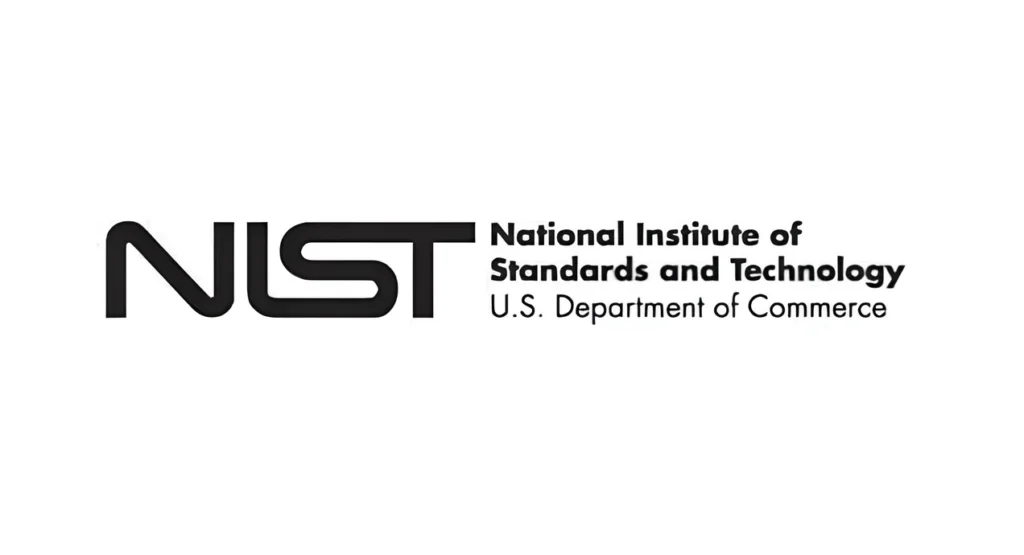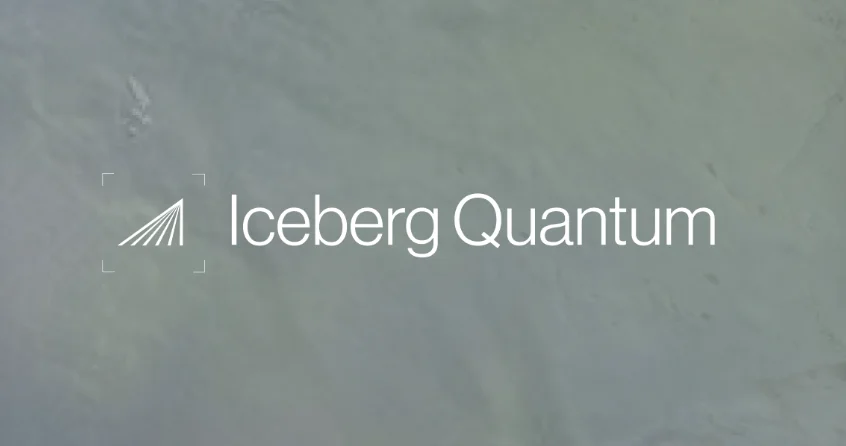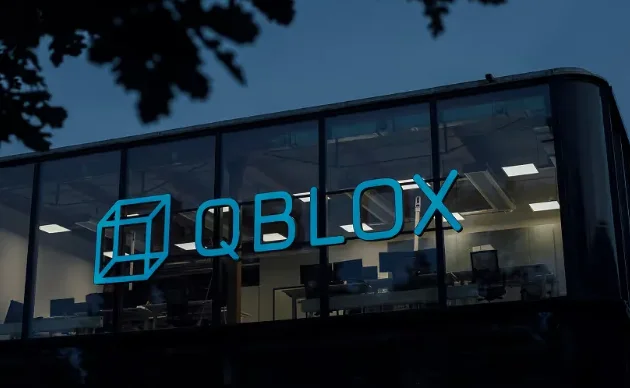
STEM Sector Requirement
Everyone knows that, though qualifications are not the be-all and end-all when it comes to a happy and fulfilling life, on the job market they can be very important — this is particularly the case in any high-level job within the STEM sector, and highly likely in that most difficult of hard tech sectors, quantum technology.
To start off, we basically have three routes to gain knowledge — the first, is by learning things yourself, which can be fun via books and videos but is not always the best way to gain a solid foundation in a said discipline and is not the topic of today’s piece anyway.
University education, on the other hand, prepares you academically and gives potential employers proof that you have the patience and theoretical knowledge needed for a specific industry, is suitable if you enjoy the traditional classroom and campus setting, and gives students the chance to build up professional networks for their future working lives. A caveat to the college route is that it can be very expensive and stifling for those who learn better in a more relaxed environment.
The third way — and this is the newest — is through vendor certification. Far cheaper than three or four-year college degrees, certification is a fast-track way to gain valuable knowledge in a certain area without the need to take out massive student loans or through the act of robbing a bank.

As Quantum Computing is a hard science, its knowledge requirement is very demanding. This, in turn, requires that the person applying for a job in the industry has the required skills. College degrees — by the time and dedication spent on the courses — most often give the learner the required ammunition to have a successful career in the space.
Vendor certification, meanwhile, can offer up-to-date knowledge that can be applied to working practices immediately, though not providing the necessary deep knowledge that most often is required in the quantum tech arena.
For a more in-depth look at this, please take your time to read The Quantum Insider’s Top 20 Quantum Computing Ph.D. & Master’s Degree Programs in 2022 against the Top 8 Online Quantum Computing Courses to Kickstart Your Career in 2022 to discover more.
Key takeaways:
The pros and cons of University Degrees versus Vendor Certification:
Pros of Degrees:
Do not expire, open doors for further development and give you the required learning and organizational tools
Cons of Degrees:
Expensive, take long-term commitment to complete and sometimes the content is out of date
Pros of Vendor Certification:
Short-term commitment from a few weeks to a few months, a cost-effective method, opens industry doors to people without degrees and offers the most up-to-date, industry-relevant knowledge
Cons of Vendor Certification:
Expires after a few years so the need to recertify is always there and only gives you superficial knowledge of a given topic
While everybody’s story is different and should be looked at on a case-by-case basis, both avenues offer something that can enrich the learner’s educational experience.
However, if you want to become a quantum engineer, software or algorithm specialist, I’m afraid you’re only going to make it if you start off with a college degree — at least to get your foot on the initial rung of the ladder.
In contrast, vendor certification can be useful for those who already have industry experience and/or a college degree to begin with and are in a job where they are required to pivot to quantum quickly and only require the bare minimum of knowledge to do so.
So, which is better — a college degree or a vendor certificate? Let us know in the comments section.
If you found this article to be informative, you can explore more current quantum news here, exclusives, interviews, and podcasts.















